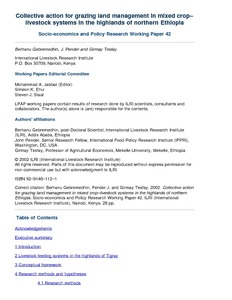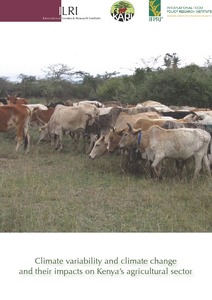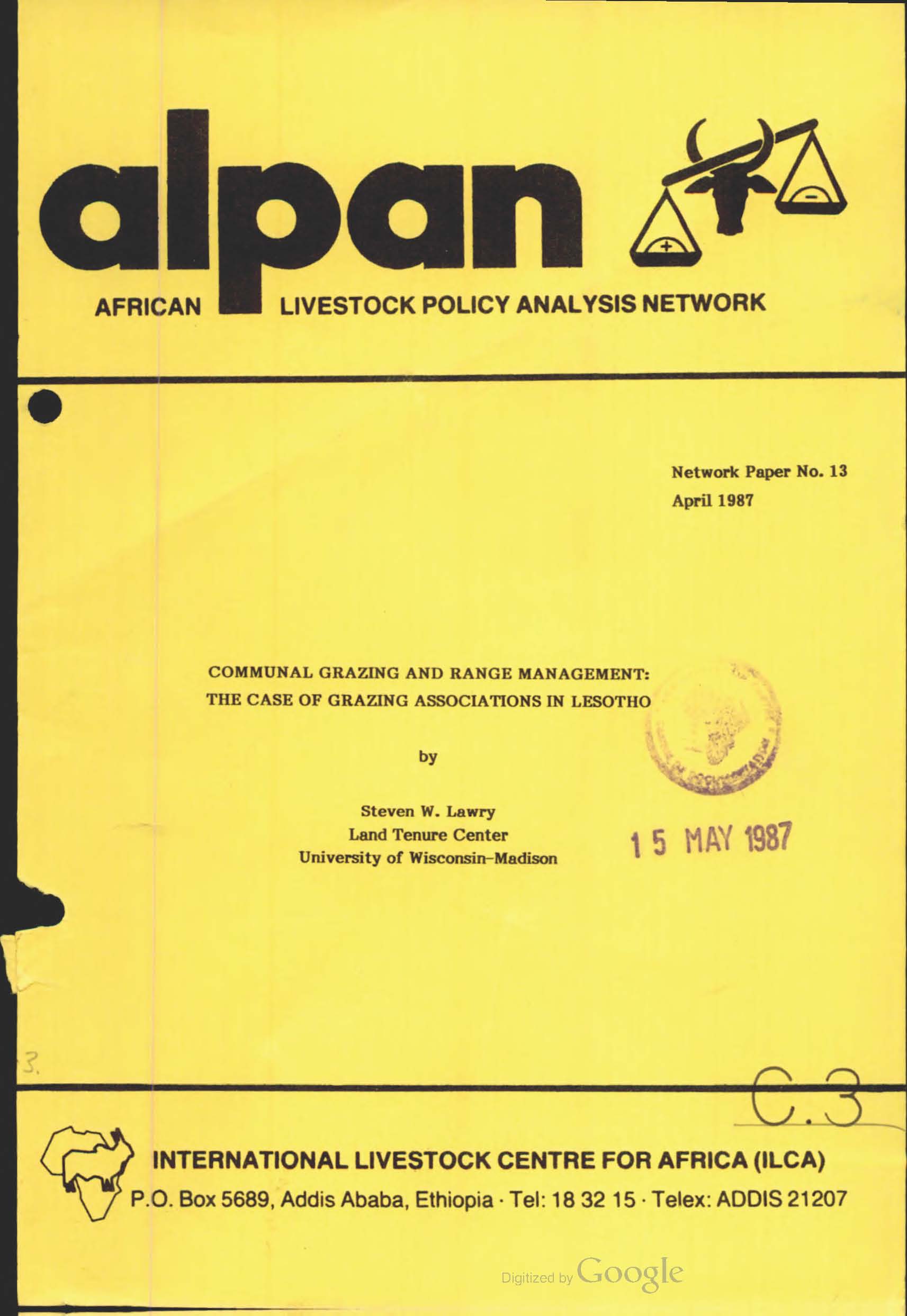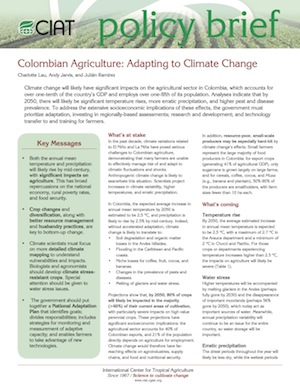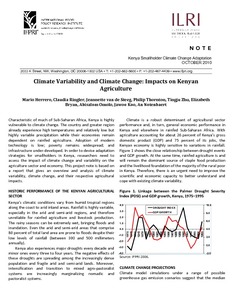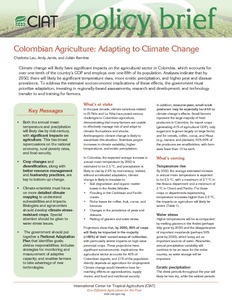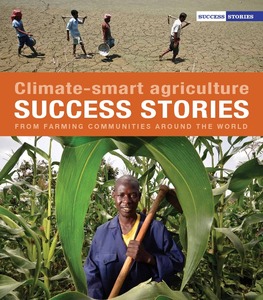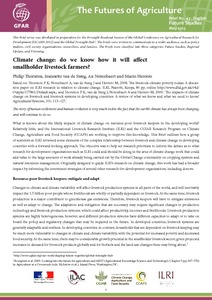Climate Smart Agriculture in the African Context
Agriculture remains vital to the economy of most African countries and its development
has significant implications for food security and poverty reduction in the region. Increase
in agricultural production over the past decades has mainly been due to land area expansion,
with very little change in production techniques and limited improvement in yields.
Currently one in four people remains malnourished in Africa. CSA integrates all three dimensions of sustainable development and is aimed at (1)



